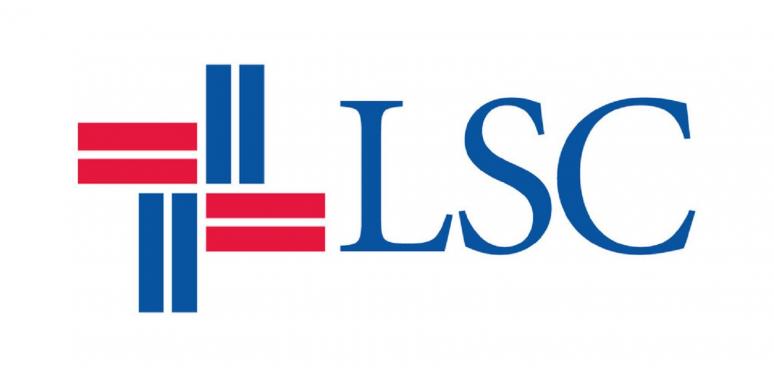The Legal Services Corporation Releases "The Data Underlying Legal Aid Programs"

WASHINGTON – The Legal Services Corporation (LSC) today released “By the Numbers: The Data Underlying Legal Aid Programs.” The report provides an annual overview of the work undertaken by LSC-funded legal aid organizations around the country in the prior year. It includes data on the number of cases closed, details on the types of legal services provided, client demographics and more. The report includes both national and state-level data and allows for comparisons over time and across different geographic areas.
“By the Numbers includes illuminating data on the wide array of assistance legal aid programs funded by LSC provide to low-income Americans in their areas of most pressing needs – housing, family issues, income maintenance, consumer protection, and health,” said LSC President Ronald S. Flagg. “Women represent over 70% of the clients served by those legal aid programs and nearly 45% of the members of the households served are children.”
More than 1.8 million people live in households that were served by LSC-funded legal aid organizations in 2019. The report includes demographic information about the populations helped by LSC grantees. For example, compared to the previous year, grantees served approximately 8,000 more clients over 60 years of age.
The report looks at the type of legal assistance grantees’ clients received, including any notable trends. In 2019, LSC grantees reported 136,820 cases involving domestic violence. This represents a 5.9% increase from the previous year, a continuation of an upward trend that began in 2011.
The report also offers a comprehensive overview of LSC grantees’ operations. Grantees closed 745,000 cases in 2019, an increase of 2,000 from the previous year. Legal aid organizations employed approximately 500 more staff members than in 2018.
Read the report for more insights into LSC grantees’ work on behalf of low-income people seeking civil legal assistance.
LSC is an independent nonprofit established by Congress in 1974 to provide financial support for civil legal aid to low-income Americans
